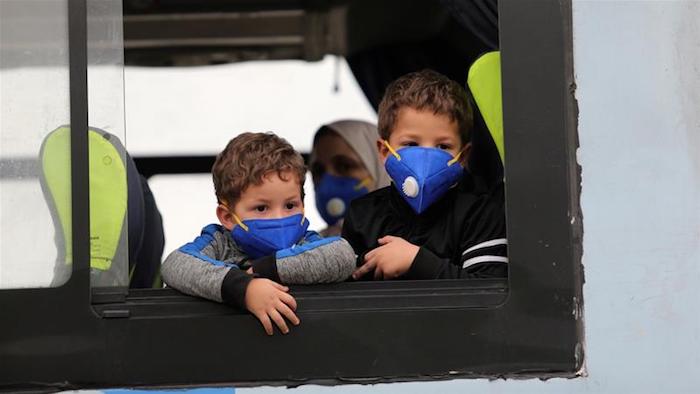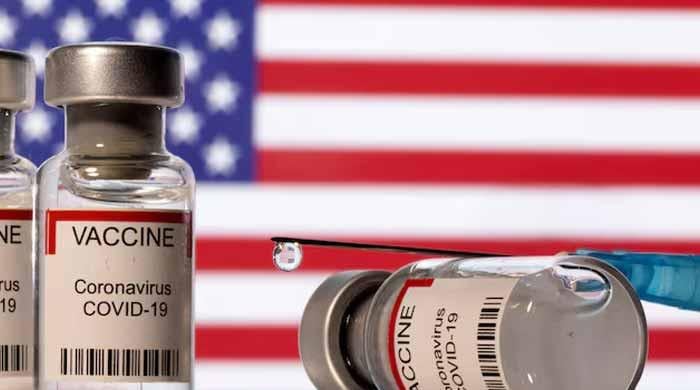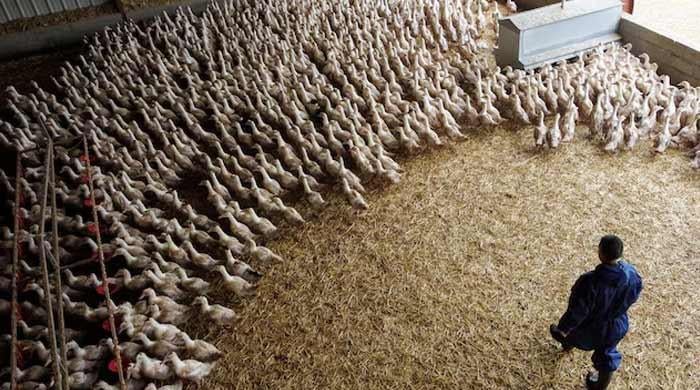Experts worry severe inflammatory symptoms in children could be linked to COVID-19
The medical condition appears to be similar to the overactive immune response, known as a ‘cytokine storm’, seen in adults with Covid-19
May 02, 2020

Health experts across the world are worried about the severe inflammatory symptoms in children that could be linked to coronavirus.
According to the news report published by BBC, an emergency alert was issued to doctors after several children were presented with symptoms similar to Kawasaki disease - a potentially fatal syndrome that affects blood vessels - including a high temperature, low blood pressure, a rash and difficulty breathing.
Although the chances are extremely rare, but there has been a small number of cases where children showing symptoms of Kawasaki disease have succumbed to the virus.
The medical condition appeared to be similar to the overactive immune response, known as a ‘cytokine storm’, seen in adults with Covid-19.
In many cases, it seems it's the body's immune response rather than the virus itself that proves dangerous, the publication highlighted.
"Children have so far accounted for between 1% and 5% of diagnosed Covid-19 cases, have often milder disease than adults and deaths have been extremely rare," according to Prof Adilia Warris, a pediatric infectious diseases specialist at the University of Exeter.
On the other hand, Prof Rosalind Smyth, a consultant in pediatric respiratory medicine at Great Ormond Street Hospital points out: “Our understanding of this condition in children is limited”.
"We should investigate fully these children, with SARS-CoV-2, who present with a multi-system inflammatory disease to assess whether this is a presentation of Covid-19," she says.
Can children spread the virus?
Most health experts suggest that since most children won't develop severe symptoms, it doesn't mean they can't carry the virus and spread it to others through coughs and sneezes.
"One of the many unknowns with the current coronavirus outbreak is how many children are being infected and potentially passing on infection to others," says Prof Matthew Snape at the University of Oxford. He is about to begin research into how many children and teenagers have been infected and developed immunity.
"Understanding this is vital to understanding how to manage the outbreak response, including decisions about when to re-open schools," he says.
When to seek medical help?
According to the news report, here are the symptoms after which you should immediately seek medical help for your child:
• Is going blue around the lips
• Suffers from severe difficulty in breathing or becomes unresponsive
• Experiences a fit/seizure
• Develops a rash that does not disappear with pressure (Glass test)
• Becomes mottled, pale and abnormally cold when touched
• Becomes lethargic, very distressed (crying inconsolably despite distraction)









